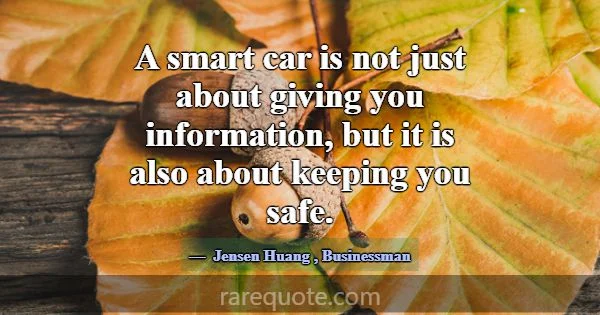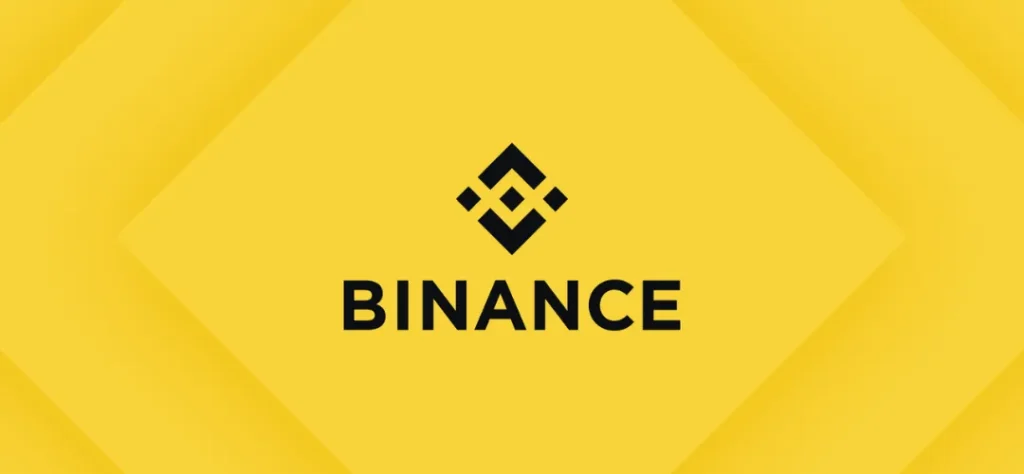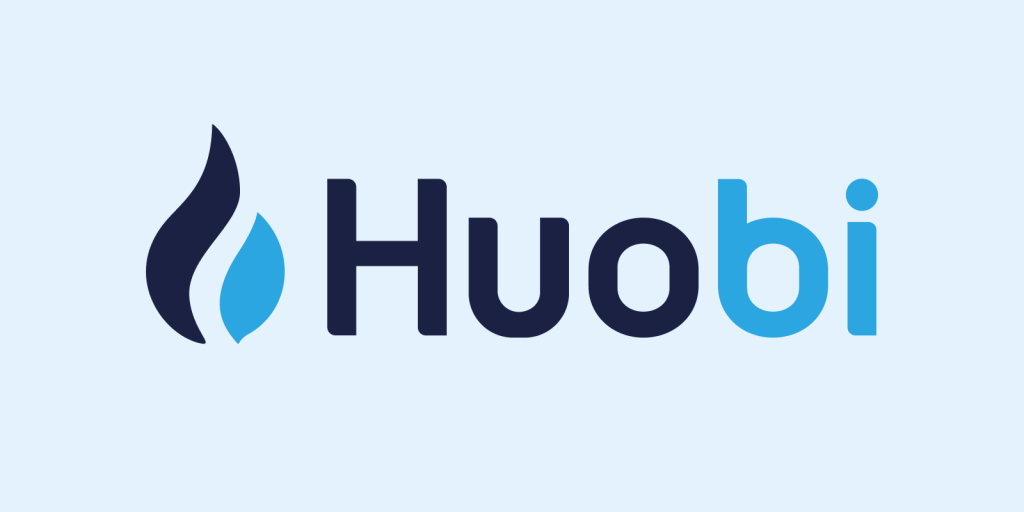Article Directory
The Great Decoupling: AI's Break from a World That Isn't Ready
We’re all watching the numbers. The dizzying ascent of Nvidia's stock, the market cap figures that seem to defy gravity. But to focus only on the ticker is to miss the real story. It’s like staring at the fuel gauge of a rocket ship while it’s breaking through the atmosphere. The real event, the one that will define this decade, is happening at a much deeper level. We’re witnessing the great decoupling—the moment a revolutionary technology begins to pull away from the old-world systems of politics, economics, and even our own anxieties about the future.
And right now, that friction is generating a tremendous amount of heat.
You can feel it in the reports of a stalled multibillion-dollar deal between Nvidia and the United Arab Emirates. On the surface, it’s a classic geopolitical tangle. The U.S. Commerce Department, led by Secretary Howard Lutnick, is pumping the brakes, demanding the UAE finalize its U.S. investments and raising entirely valid security concerns about the nation's ties to China. You can almost picture the hushed, tense meetings in Washington D.C., the air thick with the weight of national security and diplomatic chess.
Meanwhile, Jensen Huang, the visionary CEO of Nvidia, is reportedly frustrated. And can you blame him? He’s not just selling chips; he’s distributing the very seeds of the next technological era. To him, this isn't just about one deal. This is about the speed of progress, the global dissemination of a tool that could solve some of humanity's biggest problems—and the old machinery of statecraft is getting in the way.
This standoff is more than just a headline. It’s a perfect metaphor for the central challenge of our time. AI is like a torrential river of innovation, a force of nature that wants to flow everywhere at once, across borders and into every industry. And governments, understandably, are trying to build dams and canals. They want to direct the flow, to control it, to ensure it serves their national interests first. But what happens when the river is rising faster than we can build the dams? Are we really prepared for a technology that doesn't respect our meticulously drawn maps?

The Human Glitch in the Grand Design
This same friction isn't just happening between nations; it's happening inside our own heads. The moment we talk about AI, the conversation inevitably turns to a single, primal fear: jobs. Will it replace us? Are we building our own obsolescence? We hear figures like Elon Musk talking about a future where work is an "optional hobby," propped up by universal basic income. Anthropic’s CEO warns of entry-level white-collar jobs being slashed. The fear is palpable, and it’s a powerful anchor, holding us back from embracing what’s next.
But then you have Jensen Huang. And what he’s saying is, I believe, profoundly important. He’s not selling a future of human irrelevance. He’s describing a future of human augmentation. He argues that AI won’t just take jobs; it will create entirely new fields in robotics, biotech, and design that we can’t even fully conceive of yet. It's a viewpoint he has made clear in public statements, with one report summarizing his stance as NVIDIA CEO: AI creates jobs, rather than replacing them.
He’s talking about AI as a co-pilot—in simpler terms, a partner that handles the repetitive, data-heavy lifting so that we, the humans, can focus on creativity, strategy, and oversight. This is the kind of paradigm shift that reminds me why I got into this field in the first place. It’s not about replacing the artist; it’s about giving the artist a brush that can paint with the light of a billion stars. It’s not about replacing the scientist; it’s about giving them a microscope that can see the very fabric of life itself.
This isn't wishful thinking; it's a pattern we've seen before. Think of the printing press. It put a lot of scribes out of work, yes. But it created the industries of publishing, journalism, and mass education. It created the very concept of a public library and a literate society. The sheer scale of what it enabled dwarfed what it replaced, and the same will be true of AI—the gap between what we imagine it can do and what it will actually unlock is closing faster than any of us can truly comprehend.
Of course, this transition requires a profound sense of responsibility. We can't just flip a switch and expect everything to fall into place. We have to be the architects of this new world. That means a radical rethinking of education, a massive investment in re-skilling, and a societal commitment to ensuring that the incredible prosperity this technology will generate is shared. The challenge isn't the technology; it's us. It's our willingness to adapt, to learn, and to build the social structures that can support this incredible leap forward.
This Is the Sound of a New World Being Born
Let’s be clear. The friction we're seeing—the geopolitical standoffs, the anxieties in the workforce, the heated debates—is not a sign that this revolution is failing. It’s the opposite. It’s the sound of tectonic plates shifting. It's the noise a new world makes as it pushes its way through the crust of the old one. We are living through the birth pangs of the next renaissance, and it’s going to be messy, loud, and at times, deeply uncomfortable. Our task is not to fear the noise, but to understand what it’s telling us: that the future is arriving, and it’s asking us to build a vessel worthy of carrying it.



